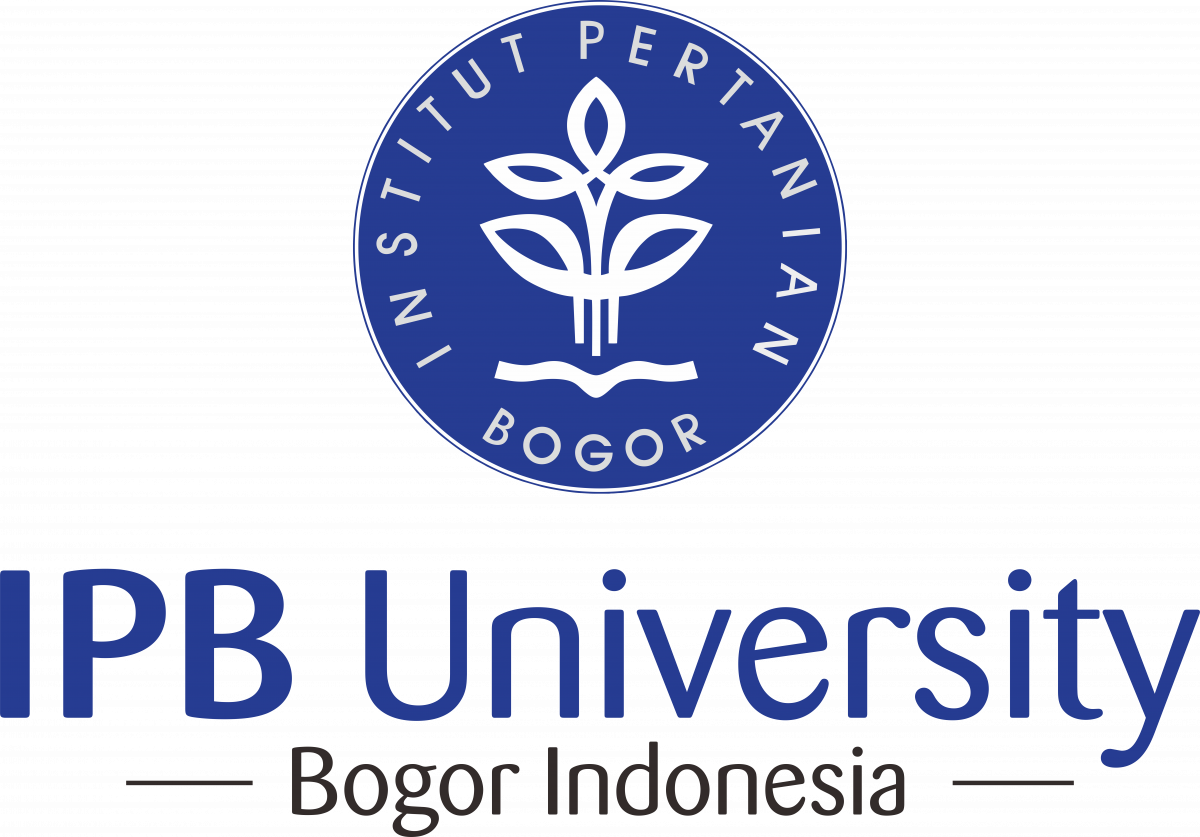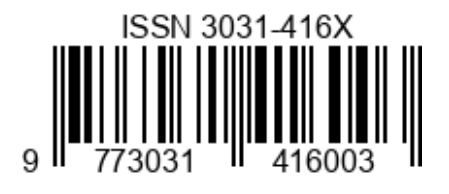Enhancing the Halal Agri-Food Sector: Harnessing Blockchain for Opportunity and Innovation
Abstract
The halal industry is seeing significant growth, driven by heightened consumption and awareness among Muslims, resulting in a rising demand for high-quality products. The halal agri-food sector is a very promising industry that garners significant customer interest regarding the quality and safety of its products. Nevertheless, the halal agri-food sector is presently encountering considerable hurdles in guaranteeing product authenticity and sustainability, especially in combating fraud, overseeing supply sources, and upholding standards across various locations. Furthermore, recent advancements in technologies like blockchain have garnered substantial interest as a solution for urgent challenges, and their integration could markedly improve procedures and yield benefits for the halal agri-food sector. This study sought to examine the existing literature regarding the potential and challenges of blockchain technology in the halal agri-food sector through a qualitative methodology. The results indicated that blockchain enhanced traceability, increased supply chain efficiency, and supported Sustainable Development Goals 9 and 12. The findings of this study indicate that blockchain integration enhanced the global halal market by optimizing production processes and bolstering consumer confidence, hence propelling the halal agri-food sector to emerge as one of the most profitable and reputable industries worldwide.
References
Alamsyah A, Hakim N, Hendayani R. Blockchain-based traceability system to support the Indonesian halal supply chain ecosystem. Economies. 2022;10:134. https://doi.org/10.3390/economies10060134
Alghamdi TA, Khalid R, Javaid N. A survey of blockchain-based systems: Scalability issues and solutions, applications and future challenges. IEEE Access. 2016;4:1-28.
Ali MH, Chung L, Kumar A, Zailani S, Tan KH. A sustainable blockchain framework for the halal food supply chain: Lessons from Malaysia. Technological Forecasting and Social Change. 2021;170:1-30. https://doi.org/10.1016/j.techfore.2021.120870
Antonucci F, Figorilli S, Costa C, Pallottino F, Raso L, Menesatti P. A review on blockchain applications in the agri-food sector. Journal of the Science of Food and Agriculture. 2019;99(14):6129-6138. https://doi.org/10.1002/jsfa.9912
Bahga A, Madisetti VK. Blockchain platform for industrial Internet of Things. Journal of Software Engineering and Applications. 2016;9(10):533. https://doi.org/10.4236/jsea.2016.910036
Bux C, Varese E, Amicarelli V, Lombardi M. Halal food sustainability between certification and blockchain: A review. Sustainability. 2022;14(4):2152. https://doi.org/10.3390/su14042152
Dinar Standard. State of the global Islamic economy report 2020/21. Salaam Gateway. 2020.
Gonzalez-Mendes S, Alonso-Munoz S, Garcia-Muina FE, Gonzalez-Sanchez R. Discovering the conceptual building blocks of blockchain technology applications in the agri-food supply chain: A review and research agenda. British Food Journal. 2023;126(13). https://doi.org/10.1108/BFJ-06-2023-0517
Hew JJ, Wong LW, Tan GWH, Ooi KB, Lin B. The blockchain-based halal traceability systems: A hype or reality? Supply Chain Management: An International Journal. 2020;25(6):863-879. https://doi.org/10.1108/SCM-01-2020-0044
Ji Z, Chang V, Lan H, Robert Hsu CH, Valverde R. Empirical research on the Fama-French three-factor model and a sentiment-related four-factor model in the Chinese blockchain industry. Sustainability. 2020;12(12):5170. https://doi.org/10.3390/su12125170
Kramer MP, Bitsch L, Hanf J. Blockchain and its impacts on agri-food supply chain network management. Sustainability. 2021;13(4):2168. https://doi.org/10.3390/su13042168
Kim H, Laskowski M. Sustainable solutions for food, farmers, and financing. Blockchain Research Institute. 2018;3028164. https://doi.org/10.2139/ssrn.3028164
Nash KS. Farm to cradle: Nestlé experiments with tracking Gerber baby food on the blockchain. Wall Street Journal. 2018;1-4.
Nashirudin M, Ramadhan, Ulfa AK. Strengthening Maqāsid al-Sharī'ah values in halal traceability: Evidence and analysis of blockchain-based halal supply chain applications. Al-Manāhij: Jurnal Kajian Hukum Islam. 2024;18(1):95-108. https://doi.org/10.24090/mnh.v18i1.9883
Nurdin IB, Komarudin. Pemanfaatan teknologi blockchain untuk meningkatkan kualitas keterjaminan halal pada produk makanan dan minuman di Indonesia. Jurnal Ekonomi dan Bisnis Islam. 2024;8(1):95-104.
Patelli N, Mandrioli M. Blockchain technology and traceability in the agrifood industry. Journal of Food Science. 2020;85(11):3670-3678. https://doi.org/10.1111/1750-3841.15477
Ruhmah AA, Eravia D, Aslina N. Digital halal entrepreneurship: Memaksimalkan potensi bisnis halal di Indonesia. Technical and Vocational Education International Journal. 2024;4(1):146-151.
Sarah AA, Bergmans B. Blockchain technology as a solution of integration issue in halal food supply chain. Journal of Accounting. 2021;10(4):1-15.
Sarmah SS. Understanding blockchain technology. Computer Science and Engineering. 2018;8(2):23-29.
Shahid A, Almogren A, Javaid N, Al-Zahrani FA, Zuair M, Alam M. Blockchain-based agri-food supply chain: A complete solution. IEEE Access. 2020;8:69230-69243. https://doi.org/10.1109/ACCESS.2020.2986257
Stranieri S, Riccardi F, Meuwissen MPM, Soregaroli C. Exploring the impact of blockchain on the performance of agri-food supply chains. Food Control. 2021;119:107495. https://doi.org/10.1016/j.foodcont.2020.107495
Sumarliah E, Li T, Wang B, Khan SU, Khan SZ. Blockchain technology adoption in halal traceability scheme of the food supply chain: Evidence from Indonesian firms. International Journal of Emerging Markets. 2023. https://doi.org/10.1108/IJOEM-05-2021-0678
Tripathi G, Ahad MA, Casalino G. A comprehensive review of blockchain technology: Underlying principles and historical background with future challenges. Decision Analytics Journal. 2023;9:1-21. https://doi.org/10.1016/j.dajour.2023.100344
Yontar E. Critical success factor analysis of blockchain technology in agri-food supply chain management: A circular economy perspective. Journal of Environmental Management. 2023;330:117173. https://doi.org/10.1016/j.jenvman.2022.117173
Zainal Abidin N, Putera Perdana FF. A proposed conceptual framework for blockchain technology in halal food product verification. Journal of Halal Industry & Services. 2020;3:1-8. https://doi.org/10.36877/jhis.a0000079

Copyright (c) 2024 Zahirah Azmar, Ramzani Lutfi Syarifah, Hasna Imaratuz Zahran, Muhammad Faza Dzaki, Eko Ruddy Cahyadi

This work is licensed under a Creative Commons Attribution-ShareAlike 4.0 International License.











